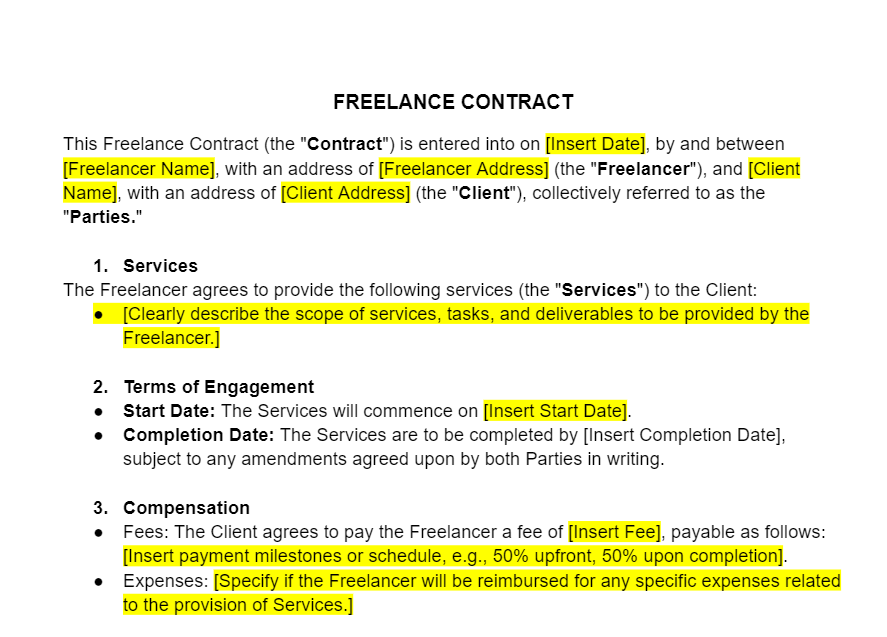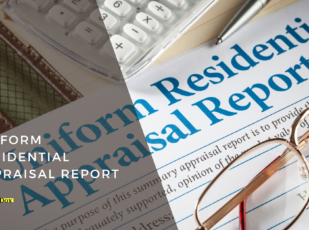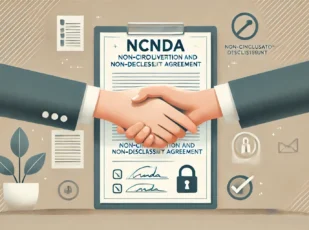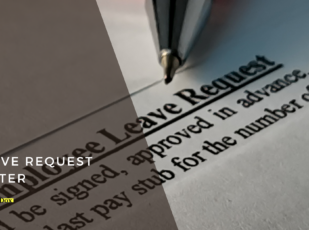
Freelance Contract Template
6 Downloads
Commercial
January 2, 2025
Sayantani Dutta
The freelance economy covers economic activity ranging from gig work like writing to specialist tech contracting. Freelancers aren’t W-2 employees. They need a contract in place with their client setting clear expectations surrounding the deliverables expected of them, contract timelines, payment details, and legal protections.
The freelance contract prevents companies from taking advantage of the contractual nature of the temporary employment arrangement. A freelance contract template from FreshDox helps freelancers negotiate an agreement with the employer that’s fair to both parties. This post goes through the specifics of the freelance contract and offers you a free download of our template when you sign up for a free trial of our platform.
Freelance Contracts Explained
This written agreement between a freelancer and a prospective client/employer sets the foundations for their working relationship. It’s similar to the independent contractor agreement and outlines the scope of work, the project’s expected deliverables, and payment terms between parties. These terms set clear expectations for the working relationship.
It’s a roadmap for the project, cementing the freelance worker or independent contractor’s employment status with their client as a self-employed professional. Every contract is unique in the sense that it covers the specifics of the project and the provisions and terms in the agreement are tailored to the unique collaborative arrangement between the freelancer and their client.
Essentially, there is no legal difference between freelancers and independent contractors and both need a contract formalizing their temporary collaboration with prospective clients/employers.
Provisions and Information to Include in a Freelance Contract
The success and growth of your freelancing business rely heavily on using properly constructed, legally binding documents with prospective clients. Let’s look at some of the core components of these contracts.
Basic Info
This section in the contract provisions covers the basic contact information of the client and the freelancer. This information, like phone numbers, email addresses, and physical addresses sets the stage for the rest of the agreement and provides a contact point if any discrepancies arise during the contract period.
Scope of Work
Outline, in detail, the project scope and the services you’re offering the client, such as developing their website, designing corporate branding, or building a blog, and any potential revisions involved in the scope of work.
The more specific you are with these terms, the less chance there is of scope creep where the client tacks on additional tasks to the project that weren’t included in the original arrangement. Include the effective date when the contract becomes legally enforceable and the start date for the project, if that date differs from the effective date.
Deliverables
This section covers the tangible deliverables the client can expect from the contract. For instance, if you’re developing a website the deliverables might involve a home page and a specific number of service pages.
If you’re hired for graphic design services the deliverables might involve creating the company’s brand identity, such as a logo. Detail these deliverables as explicitly as possible to avoid confusion and revisions later on. Being thorough manages client expectations and strengthens the business relationship, eliminating any misinterpretation.
Contract Timeline
Time is the most important asset any freelancer has and outlining the contract timeline is crucial when forming the working relationship. Clearly define timelines for milestones and the entire project factor in time for unexpected delays.
Rates and Payment Terms
Clearly outline your preferred payment method, the payment schedule for each phase of the project, and any penalties for late payment by the client. The late fee charged to the client should be reasonable. If you require a retainer, mention it in this section.
You should also include a waiver where the client is no longer liable for the contract fees if you cannot deliver on the project and need to terminate the agreement. Remember, a signed contract is a legal document and needs to protect the interests of both parties.
Non-Disclosure
Freelancers are often privy to a company’s proprietary, sensitive, or confidential information regarding how they do business and the clients they work with. The freelance contract should include a confidentiality clause to safeguard company trade secrets, preventing the freelancer from sharing them with competitors.
The client may request you sign a Non-Disclosure Agreement (NDA) preventing you from working in the same sector with similar clients, like the competition, for a specified time. This restriction may last anywhere from three months to more than a year, depending on the client’s requirements.
Intellectual Property Rights and Copyright
The contract should clearly outline the specifics around copyright ownership to avoid contention between the parties and future disputes. Write specific details into the contract surrounding the ownership transfer of deliverables and whether you’ll retain any rights to your work after completing the project. Note any special conditions or exceptions regarding the client’s IP, such as usage rights or licensing agreements.
Grounds for Contract Termination
While every project starts with the best intentions of seeing it through, sometimes that’s just not possible. When things don’t go as planned, you’ll need to refer to th termination clause in the contract. This clause details when the parties can cancel the contract without incurring penalties and any dispute resolution process involved.
Signatories
The final section of the contract includes the signatures of the client and the freelancer. It’s common for these agreements to include e-signatures, especially if the freelancer is working remotely off-site.
Entire Agreement
This clause outlines the obligations between the parties and supersedes any previous agreements. It discusses the indemnification and contractual rights of both the freelancer and the client and the liabilities involved in breaking the agreement under governing law.
The Advantages of Using a Freelance Contract Template
Most freelancers and self-employed persons write their contracts themselves using Google Docs or other word processors to structure the agreement. In other cases, the client might structure the agreement. Unless you’re a seasoned legal professional, it’s a good idea to get legal advice before signing the contract.
Instead of formulating the agreement from the ground up, use a premade template and customize it to your needs. It’s a good starting point, giving you the framework for a solid agreement that protects the interests of both parties. As you work with different clients you’ll continually tweak the agreement into an iron-clad contract you can use in any freelancing project.
It’s a good idea to refresh your contract if you’re dealing with repeat clients to account for any changes to the scope of work or client expectations.
Download a Freelance Contract Template from FreshDox
Get a free download of our freelance agreement template when you sign up for a trial of a Premium of Basic account on our platform. Take a Premium account and get instant access to our catalog of templates for business and unlimited downloads of the documents you need to make your freelance business work. Or get three free downloads with a Basic account, the choice is yours, FreshDox is here to help you grow your freelancing business.
Related Templates
Discover more templates that align with your needs and preferences.

Ready to Sign Up?
Sign up for FreshDox.com’s 7-day trial and discover why so many individuals and businesses trust us for their legal document template needs.
- Cancel any time
- 7-day free trial
- From 300+ Customer Reviews
















